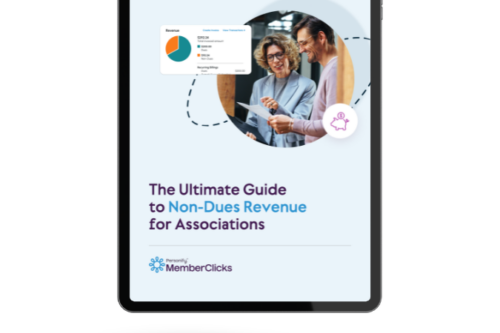
It’s easy to get into an afternoon/end-of-day slump. But how you end your day can have a great impact on how you begin your tomorrow. Obviously, you want your work days to be as productive as possible, so to make that more of a daily reality, try ending each day by completing the following six tasks:
1. Respond to as many emails as you can
Emails build up throughout the day, and more than likely, you’re not able to respond to them (or at least not all of them) right away. That’s normal. But rather than leaving those emails for the following morning, try responding to as many of them as possible before heading home. Not only will this take a few things off your mind (Oh, I need to respond to Susie about XYZ), but it will also free up your morning the following day. And that’s important because you should start your day by tackling your hardest and most important tasks firsts – not by responding to non-urgent emails.
2. Take a look at your schedule for the next day
Have you ever showed up to work having a schedule for your day in mind, only to find out you have an afternoon (or worse, morning) meeting that you completely forgot about? That cuts out a solid 30 minutes/hour/hour+ of your day that you planned to spend working on a particular project. And now to compensate for that, you have to stay late or take work home.
Yeah, not fun. To prevent that from happening, before leaving work every day, take a look at your calendar and schedule for the following day. That way you won’t be scrambling throughout the day or working a late night that could’ve been avoided.
3. Create a new to-do list
After looking at your schedule for the following day, go ahead and create a new to-do list. How are you going to tackle tomorrow? What tasks absolutely need to get done? By making your list at the end of the day, you’ll be able to get started on work first thing in the morning (rather than having to think through and waste time on what you need to do).
4. Tidy up your desk
It can be difficult to work around clutter, and if you walk up to a cluttered desk first thing in the morning, you may feel the need to do a quick cleaning. But that takes time and can get in the way of your morning productivity. Prevent that scenario altogether by doing a quick clean up before heading home. (Your co-workers will probably appreciate this too.)
5. Check in with your co-workers
Speaking of your co-workers, do a little check-in with them before calling it a day. Give a few status updates if you need to or ask if there’s anything outstanding they need from you ASAP. People tend to avoid this because what if there is something they need? That would then require them to stay longer.
Possibly, but isn’t that better than having to jump back online later that night? Honestly, it’s just better to avoid any and all surprises when possible. Keep the lines of communication open, and your whole team will likely benefit.
6. End your work day on a positive note
Even if you already do tasks 1 – 5, this is probably one you don’t do – or at least one you don’t make an effort to do. Hopefully, most days naturally end on a positive note for you. But even if you have the best job in the world, at some point, you’re going to have days that aren’t so great.
On those days, make a sincere effort to end the work day with something positive. Maybe it’s writing down what you were able to accomplish that day. Or maybe it’s having a nice conversation about weekend plans with a coworker. It could even being acknowledging another coworker for something they accomplished and seeing them smile. Whatever it is, it’s important, because the last thing you need is to go home and dwell on what a bad day you had. That sets you up for another bad day (or at least bad morning) tomorrow. Find something positive to lift you up and then take that positivity home with you.
It’s hard to be productive when you’re wearing so many hats. Let’s say you’re doing all of this and you still feel like you’re drowning in work and not getting anything done. If that’s the case, it may be time to turn to technology – something that can help streamline some of those tasks.
For associations, this may mean turning to something like an association management system, or AMS for short. An AMS can reduce a lot of that administrative overhead, making membership management more, well…manageable! Not sure what an AMS is or how it can really help you and your organization? Check out our free guide, What Is an AMS?, below!














